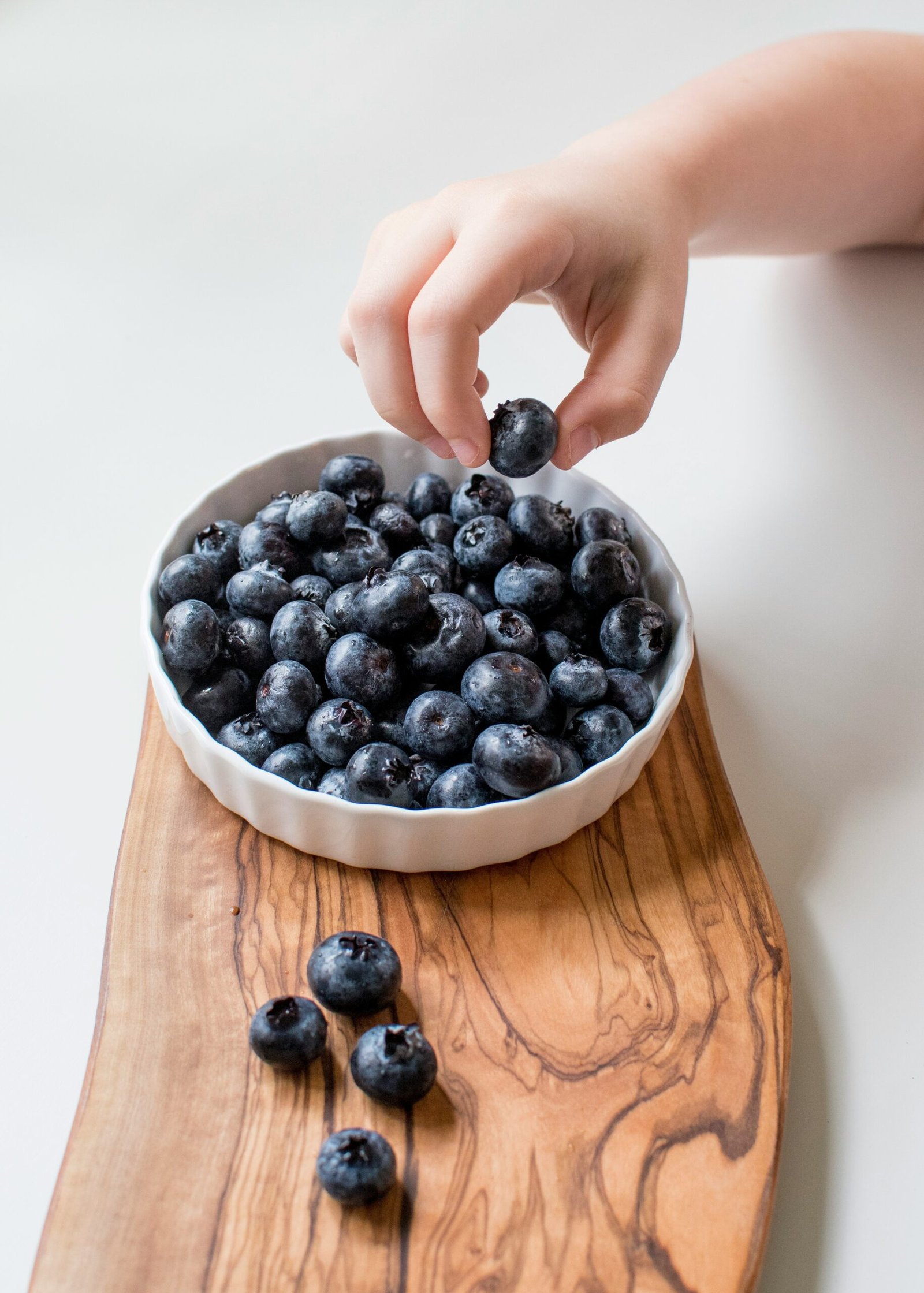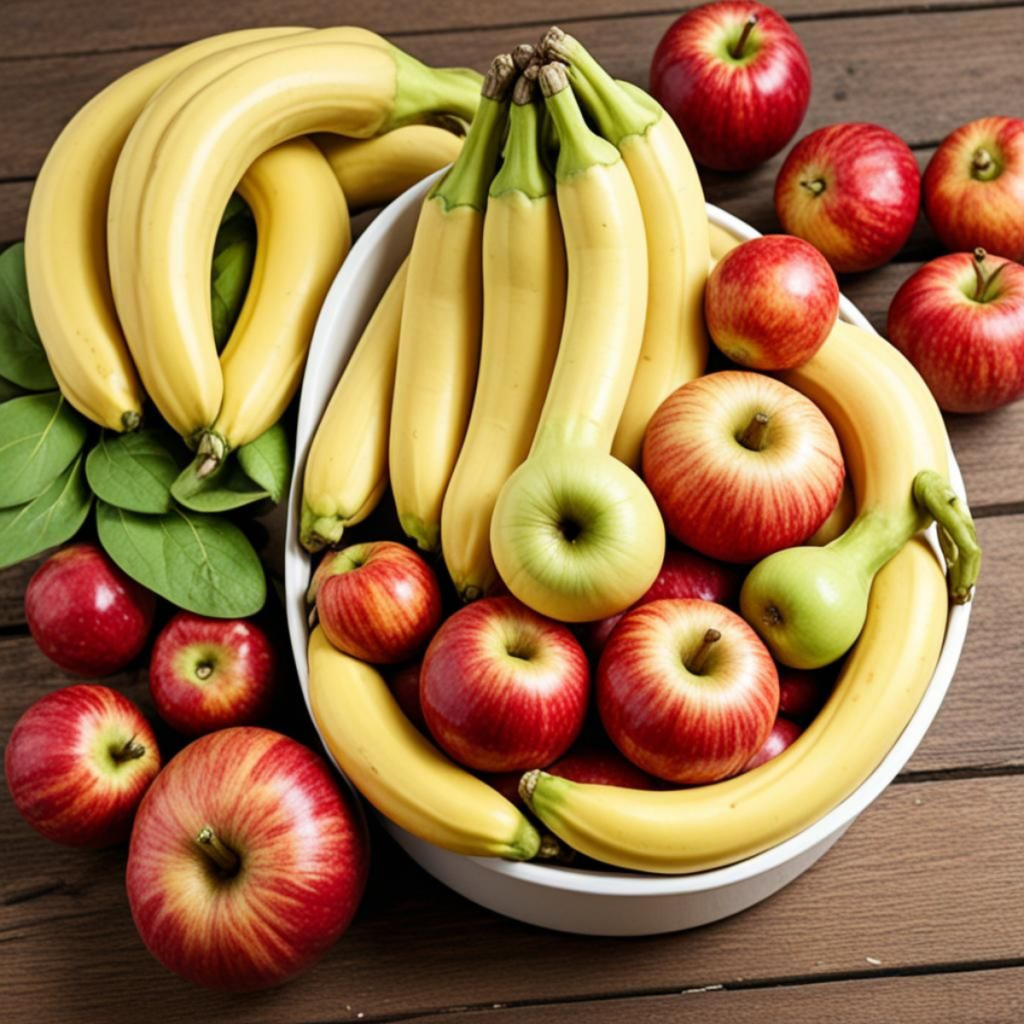
10 Easy Tips to Eat Healthy with No Time: A Quick Guide


Understanding the Importance of Healthy Eating
Healthy eating is fundamental to achieving overall well-being and plays a crucial role in maintaining optimal physical health. Nutrition directly influences various aspects of our health, including our immune system, energy levels, and the body’s ability to recover from illness. A balanced diet, rich in essential nutrients, significantly boosts physical performance and endurance. By incorporating a variety of fruits, vegetables, whole grains, and lean proteins, individuals can enhance their metabolic functions and sustain higher energy levels throughout the day.
Moreover, the importance of healthy eating extends beyond physical health; it is also closely linked to mental clarity and emotional well-being. Diets rich in omega-3 fatty acids, antioxidants, and vitamins have been shown to improve mood and cognitive function. Foods such as salmon, berries, and nuts can potentially reduce the risk of depression and enhance focus, thereby promoting better productivity both at work and in personal life. The mental benefits of nutrition are equally significant, as they contribute to emotional stability, improved memory, and reduced anxiety levels.

In addition to immediate effects on mood and energy, healthy eating habits play a vital role in long-term disease prevention. Numerous studies have established a strong correlation between a balanced diet and a reduced risk of chronic diseases such as heart disease, diabetes, and obesity. By prioritizing nutritional choices, one can significantly lower the likelihood of developing these conditions, fostering a healthier lifestyle overall. Therefore, adopting healthy eating habits, even amid a busy schedule, is essential for not only short-term vitality but also long-term health. Understanding these key benefits underscores the importance of integrating nutritious foods into daily routines. CLICK HERE FOR DEALS ON KITCHEN APPLIANCES
Planning and Preparation: Time-Saving Strategies
Effective planning and preparation are key components to successfully eating healthy, particularly for individuals with a busy lifestyle. One of the most efficient methods is meal prepping, which involves preparing meals or meal components in advance. This practice not only saves time but also helps maintain a nutritious diet throughout the week. To begin, it is advisable to outline your meals for the week, considering both variety and dietary needs. Creating a weekly meal plan allows for a balanced intake of essential nutrients while preventing last-minute unhealthy choices.

Once a meal plan is established, the next step is to generate a comprehensive shopping list. This list will help ensure that you have all the necessary ingredients on hand, minimizing the temptation to resort to less healthy options while cooking during the week. It is also beneficial to shop in bulk for pantry staples, which can further reduce costs and save time on grocery trips.
Batch cooking is another effective strategy. Set aside a designated meal prep day, ideally during the weekend, to cook multiple meals simultaneously. This approach maximizes efficiency and can lead to meals ready to be consumed or quickly reheated during busy weekdays. Using appropriate storage containers is essential for preserving freshness; glass containers are often recommended for their durability and safe storage of various foods.
Leverage kitchen gadgets such as slow cookers or instant pots, which can significantly reduce cooking times. These appliances can prepare healthy meals with minimal supervision, allowing you to multitask efficiently. By incorporating planning and preparation into your routine, you can seamlessly integrate healthy eating into your busy schedule.

Smart Snacking: Healthy Options on the Go
Incorporating smart snacking into a busy lifestyle is essential for maintaining a balanced diet, especially when time is a constraint. Healthy snacking provides nourishment and energy, preventing the common pitfalls of unhealthy eating habits often associated with a hectic schedule. Choosing the right snacks can support a nutritious eating plan, allowing individuals to sustain their energy throughout the day without compromising their health.
One effective snacking strategy involves selecting whole foods that are both readily available and easy to prepare. Fresh fruits such as apples, bananas, and berries are not only rich in vitamins but also convenient for on-the-go consumption. Additionally, vegetables such as baby carrots or cucumber slices, when paired with hummus or yogurt dip, create a delightful and satisfying snack. Nuts and seeds are another excellent option, providing healthy fats and protein that can help curb hunger. Portion control is crucial in this regard; pre-packaging servings into small containers or bags can enhance accessibility while preventing overindulgence.

For those who prefer pre-packaged options, it is advisable to choose snacks that are low in added sugars and processed ingredients. Items such as whole-grain crackers, Greek yogurt cups, or energy bars made from natural ingredients can serve as nutritious swift snacks. Always check the nutrition labels to identify healthier options that fit within your dietary needs. Furthermore, maintaining an organized and well-stocked pantry or refrigerator is vital for ensuring the availability of healthy snack choices. Designate specific areas for these snacks so they are easily accessible at home or work, encouraging healthier choices when cravings arise.
Overall, smart snacking can significantly contribute to a well-rounded and healthful diet, even amidst the most demanding schedules. By prioritizing nutritious and convenient snack options, individuals can enhance their overall well-being without sacrificing their time and commitments.
Making Healthier Choices When Eating Out
Eating out or ordering takeout can present challenges for individuals seeking to maintain a healthy diet. However, with a few strategic approaches, it is possible to make healthier choices while enjoying various culinary experiences. One of the first steps is to familiarize oneself with the menu, looking for options that highlight fresh ingredients such as vegetables, whole grains, and lean proteins. Many restaurants now provide symbols or annotations to indicate lighter fare, making it easier for diners to select healthier meals.
Portion size is another critical factor to consider when dining out. Restaurant servings are often significantly larger than standard portion sizes, which can lead to overeating. To mitigate this, consider sharing an entrée with a dining partner or opting for smaller plate options if available. Alternatively, you may choose to ask for a half-portion when ordering, allowing you to satisfy your hunger without the excess calories.
Substitutions play an essential role in making meals more nutritious. Many establishments are willing to accommodate requests, such as replacing fries with a side salad or opting for grilled rather than fried proteins. Additionally, asking for sauces and dressings on the side enables you to control how much you consume. Another often-overlooked aspect is beverage selection; sugary drinks can contribute hidden calories that undermine health goals. Opting for water, unsweetened teas, or diluted juices can significantly decrease calorie intake.
Ultimately, dining out should not equate to dietary compromise. By actively seeking out healthier options on the menu, being mindful of portion sizes, and making thoughtful substitutions, diners can enjoy their meals while staying on track with their health objectives. Empowering oneself with knowledge about how to navigate restaurant menus is essential in making informed culinary decisions, ensuring that social dining experiences remain enjoyable and health-conscious. CLICK HERE FOR DEALS ON KITCHEN APPLIANCES

[…] Fresh fruits and vegetables form the cornerstone of a plant-based detox diet, providing an array of vitamins, minerals, and phytonutrients that facilitate the elimination of toxins. Leafy greens like spinach and kale, along with vibrant vegetables such as carrots and beets, offer significant detoxification benefits through their high fiber and antioxidant content. Whole grains, including quinoa, brown rice, and oats, supply complex carbohydrates and additional fiber, which promote healthy digestion and effective waste elimination. […]
[…] Proteins are integral for muscle repair and growth. Consuming adequate protein before and after workouts can aid in developing strength and stamina by repairing microtears in muscles induced during exercise. Lean meats, fish, dairy products, legumes, and nuts are excellent sources of protein that can be easily included in meal planning. Furthermore, healthy fats, found in foods such as avocados, nuts, and olive oil, contribute to overall health and can assist in optimizing workout recovery, thereby enabling individuals to gain strength and stamina over time. […]